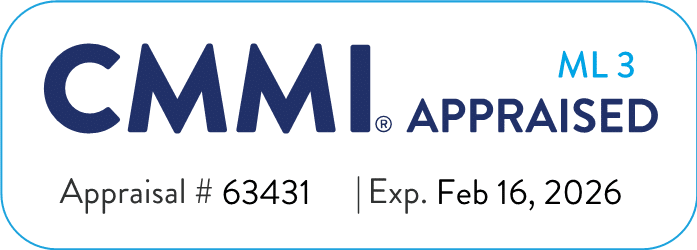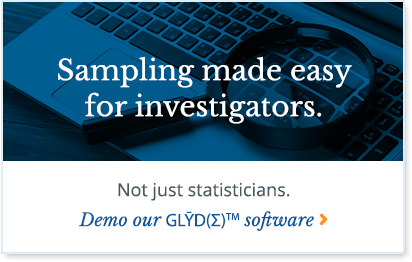In the ongoing effort to protect the Medicare program, deterrence stands out as a powerful and cost-effective strategy. While detection and enforcement remain critical, deterrence shifts the focus from reacting…
Medicare
Suspect Payments in Medicare Advantage: Why Transparency Matters
Understanding the context of “Suspect Payments” In Medicare Advantage, payment practices work best when they are clear, consistent, and aligned with beneficiary needs. Strengthening oversight not only reduces compliance risk…
Medicare’s $60 Billion Challenge
Medicare loses an estimated $60 billion annually to fraud, waste, and abuse (FWA), a serious drain on critical health resources that directly affects the care and well-being of millions of…
Exposing Hidden Risks: A Strategic Approach to FWA in Medicare Advantage
Medicare Advantage (MA) has reshaped healthcare coverage for beneficiaries, offering comprehensive benefits through private insurers. However, the program’s expansion has also introduced complex challenges, notably fraud, waste, and abuse (FWA)…
Beyond Coverage: How Medicare and Medicaid Transform Public Health
Did you know that Medicare and Medicaid, established in 1965 under President Lyndon B. Johnson, have profoundly influenced public health in the United States? Initially designed to provide health insurance…
We offer solutions…
We offer solutions as a trusted & reliable program integrity partner. With 30+ years of proven expertise, we deliver successful results for government agencies like CMS and the commercial sector….
How the Inflation Reduction Act will impact Medicare drug prices
The signing of the Inflation Reduction Act in August of 2022 brought some immediate relief for Americans with Medicare prescription drug coverage and will continue to drastically impact drug prices…
Signs of Fraud in Payment Arrangements!
Fraud in Medicare Advantage often operates under the radar, but relationships or subtle patterns can reveal its presence. To uphold program integrity, look beyond obvious data anomalies and consider these…
Efficiently Evaluating “Big Data” for Medicare Fraud Detection
With over 2 billion Medicare claims available for analysis since 2006, the term “Big Data” has no better application than in the health care industry. The opportunity for meaningful analyses…
Understanding the Telehealth Claims Landscape
Telehealth is expanding rapidly and transforming healthcare. According to the Medicare Payment Advisory Commission, the number of telehealth visits grew by over 500 percent from 2008 to 2014. Additionally, many…
Improper Payments Elimination and Recovery Act: Identifying and Reducing Improper Payments
Each year, the Federal Government makes billions of dollars in improper payments. Improper payments can take the form of overpayments, payments to the wrong person, or payments for the wrong…
Network Adequacy: Meeting Requirements and the Impact of the ACA
The Affordable Care Act directed the Secretary of Health and Human Services to establish criteria for certification of qualified health plans, to include (1) ensuring a sufficient choice of providers…
Medicaid Health Homes Program Operation
Section 2703 of the Affordable Care Act created an optional Medicaid State Plan benefit – Health Homes – to coordinate care for individuals who have Medicaid and have: 2 or…
Healthcare Secret Shopping: An Effective Tool for Detecting Fraud and Abuse
The Government Accountability Office (GAO) made headlines recently when sharing news that 11 of 12 fictitious applicants obtained coverage for health insurance through the Federal marketplace. GAO targeted the Federal…
Ambulance Billing Fraud and False Claims
Medicare ambulance claims, just like everything involved with Medicare, must meet certain requirements to be considered valid ambulance transport claims. The main factor is the transport must be considered “medically…
Inappropriate Medicare Payments for Chiropractic Services More Common than Other Services
In May 2015, the U.S. Department of Health and Human Services Office of Inspector General (OIG) issued a report finding all claims for the provider under review failed to support…
Electronic Health Record Challenges: A Look at EHR Fraud, Security Issues, & Adoption Barriers
Since the late 20th to early 21st century, reports such as “To Err is Human” by the Institute of Medicine have been published and have advocated the adoption of electronic…
Medicaid Managed Care Audits Pay Off…In the Long Run
In May 2014, the Government Accountability Office (GAO) released a report calling for increased oversight of Medicaid managed care spending (the report can be found here). GAO reported that “Most…
Improving Healthcare Error Reporting In Healthcare Audits
The purpose of this paper is to offer a technique to more clearly and fully describe healthcare errors detected in audits, which can lead to improved return on investment (ROI)…
Peeling the Onion: Achieving More Significant Results by Digging Deeper into CMS Payment Data
The U.S. Department of Health and Human Services (HHS) Office of Inspector General (OIG) issued an audit report to the Centers for Medicare & Medicaid Services (CMS) in February 2015…
Why Does Medicare Allow Hospitals to Bill for Kwashiorkor?
On March 6, 2015, the U.S. Department of Health and Human Services Office of Inspector General (OIG) released the latest in a series of reports looking at hospitals’ billing and…











